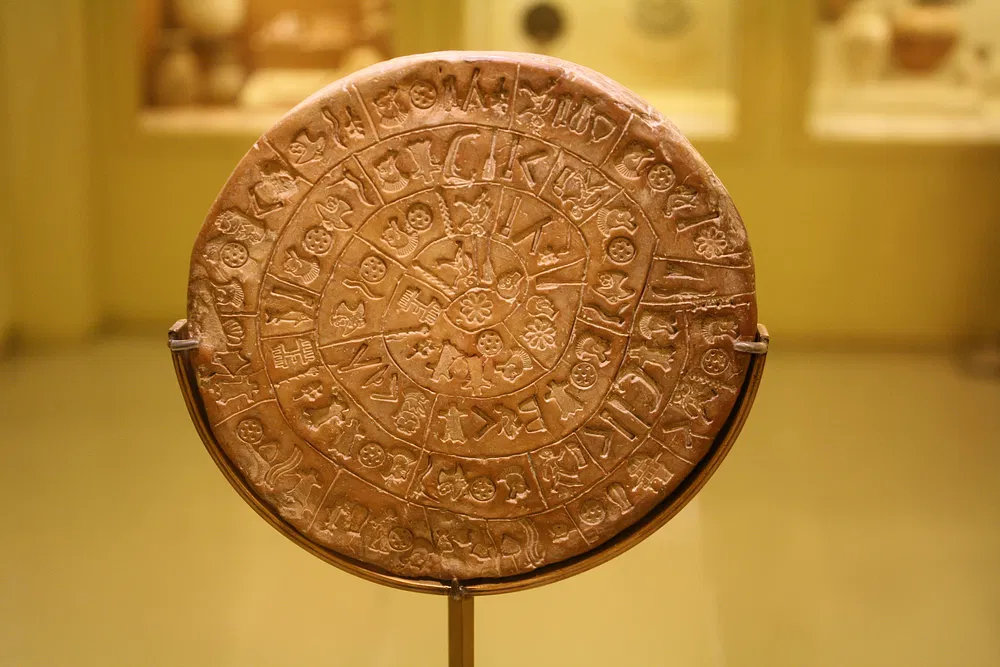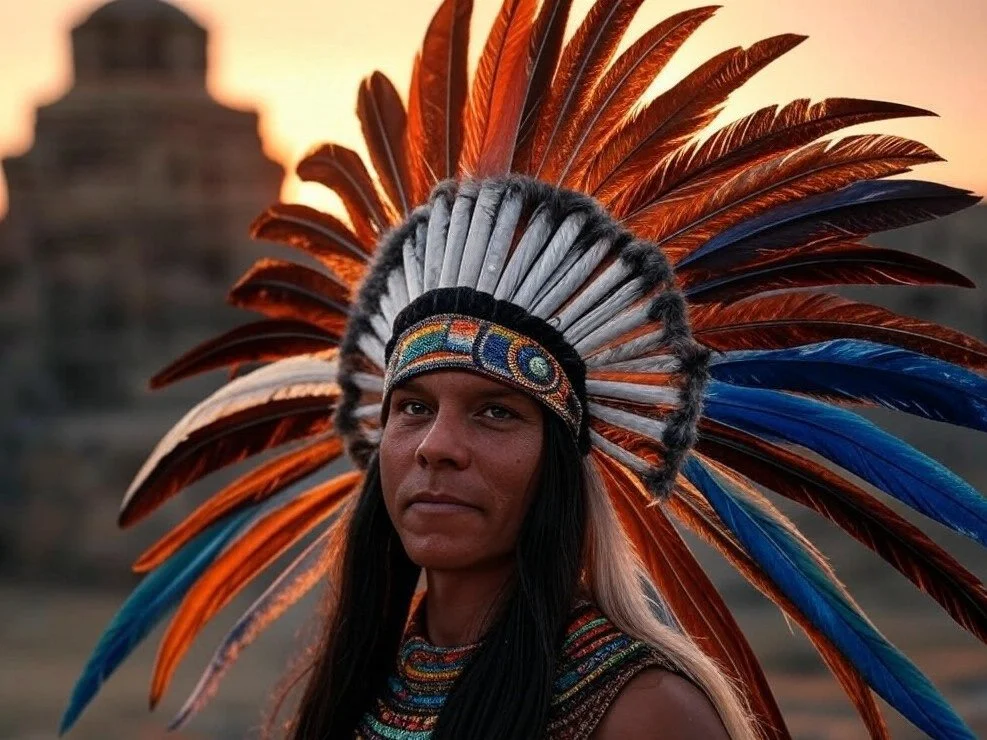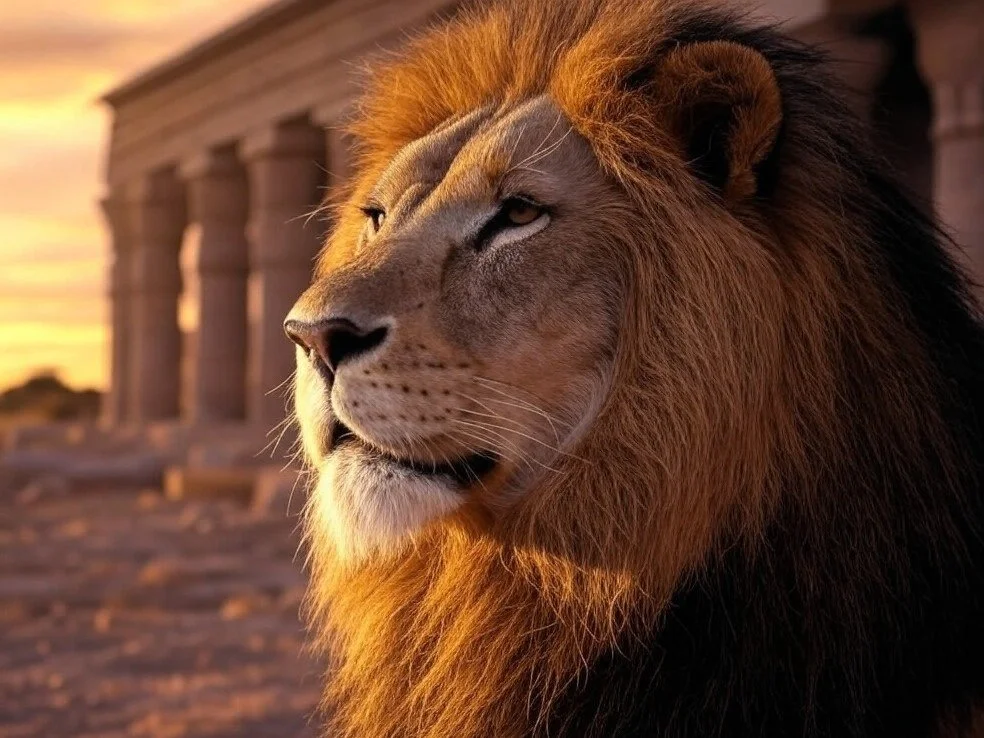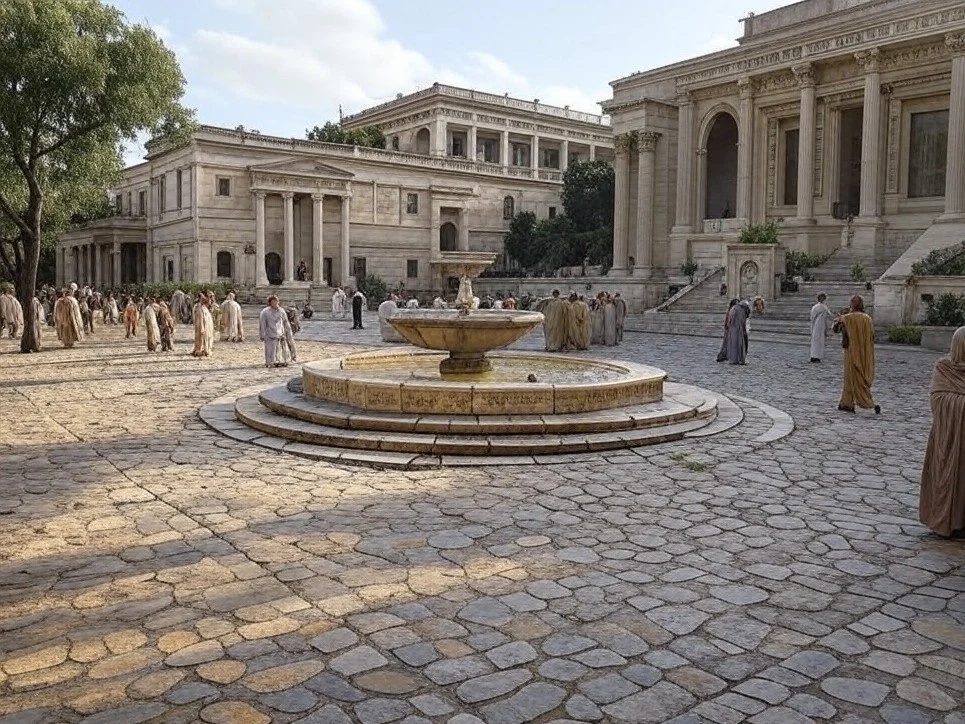Perfume-making is an ancient craft that played a significant role in early civilizations. Using natural ingredients such as flowers, resins, and spices, ancient cultures developed intricate methods to create fragrances that were used in rituals, daily life, and trade. These perfumes were not only symbols of status and wealth but also held deep spiritual and medicinal significance.
The Ingredients of Ancient Perfumes
Ancient perfumers sourced their ingredients from the natural world, often selecting rare and aromatic materials. The Egyptians, for example, used myrrh, frankincense, lotus, and cinnamon, blending them with oils extracted from plants such as olive or sesame. The Mesopotamians and Greeks incorporated herbs like rosemary and thyme, while the Romans favored exotic imports such as saffron and spikenard.
Perfume in Rituals and Religion
Fragrances held immense spiritual importance in many ancient cultures. The Egyptians used perfumes in religious ceremonies, offering scented oils to their gods and anointing the deceased during mummification to ensure a pleasant journey to the afterlife. In Mesopotamia, priests burned aromatic substances as part of temple rituals, believing the fragrant smoke connected them to the divine. Similarly, in Greece and Rome, perfumes were used in public and private ceremonies, often dedicated to deities such as Aphrodite and Venus.
Perfume as a Symbol of Status and Wealth
The production and trade of perfumes were closely tied to social status. In Egypt and Rome, scented oils were reserved for the elite, with royalty and high-ranking officials wearing custom-made fragrances. Perfume workshops flourished, producing blends that were highly sought after across the Mediterranean and beyond. Archaeological discoveries, such as perfume bottles and production facilities in Pompeii, highlight the luxurious nature of these fragrances.
The Perfume Trade and Its Global Influence
Perfume-making became a major industry, with trade routes spanning from the Middle East to Europe and Asia. The renowned Egyptian city of Mendes was famous for its perfume production, and Phoenician merchants helped distribute fragrances across the ancient world. The Silk Road further facilitated the exchange of rare ingredients, allowing civilizations to refine and expand their perfumery techniques.
Conclusion
The art of ancient perfume-making reveals much about the cultures that practiced it. Whether used in religious rituals, as a symbol of status, or as a highly prized commodity, fragrances played an essential role in shaping ancient societies. Today, the legacy of these early perfumers lives on in modern perfumery, preserving the knowledge and traditions of the past.







